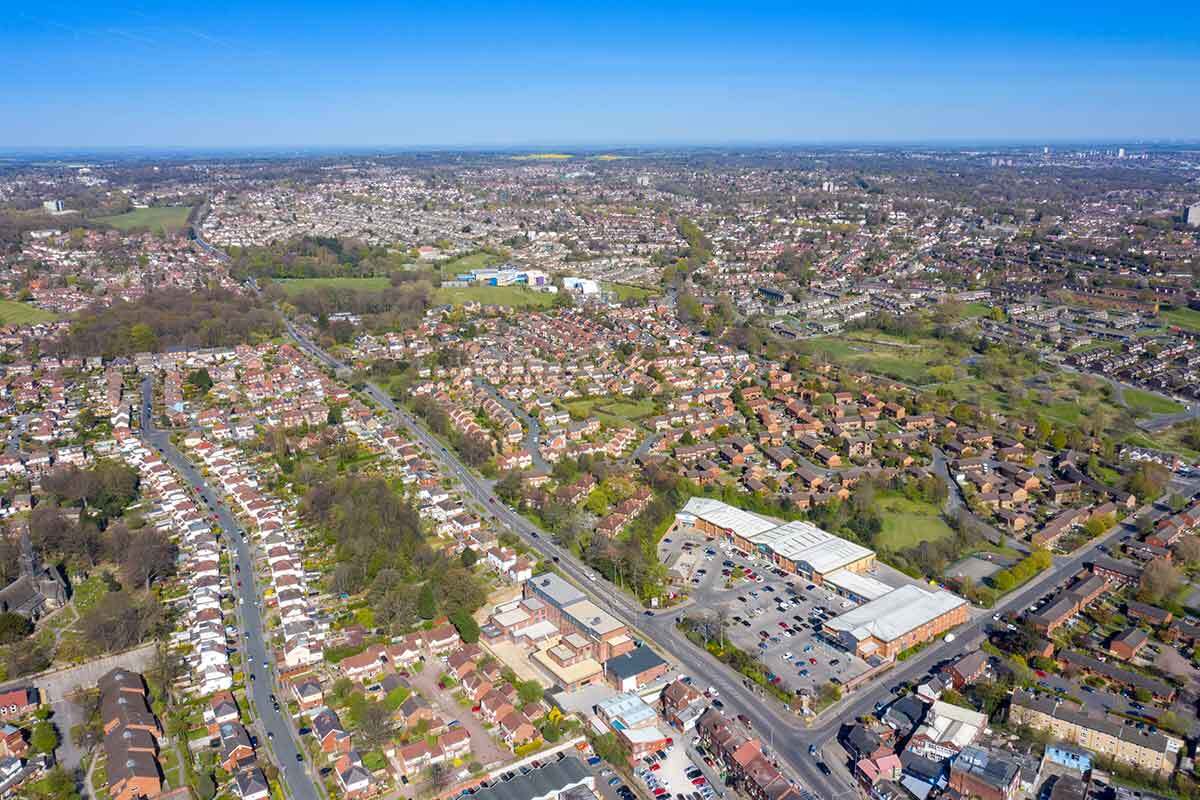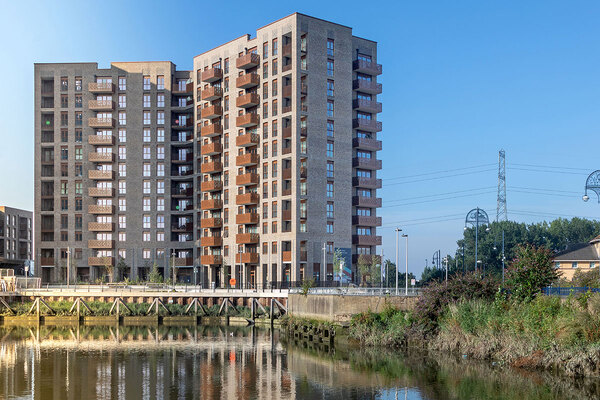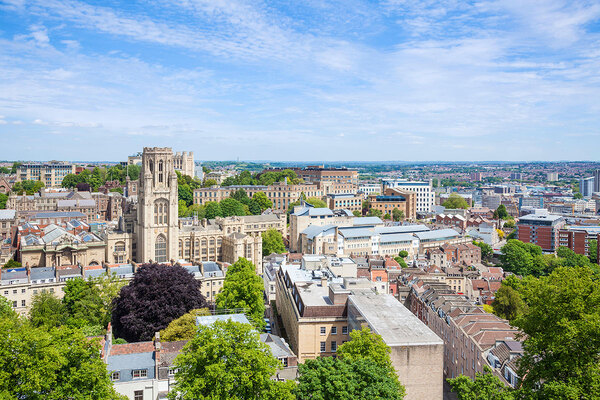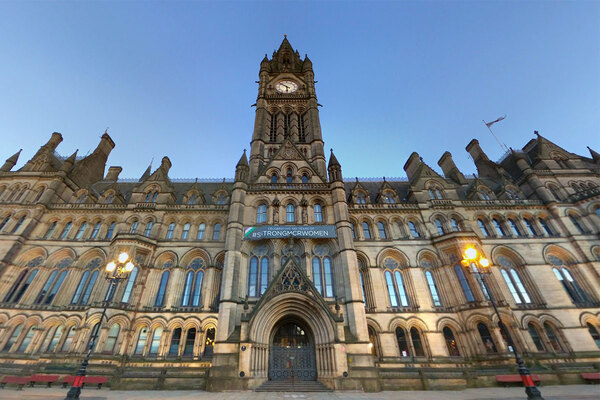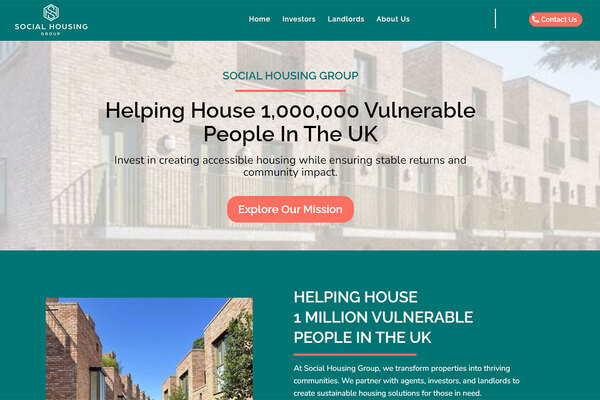You are viewing 1 of your 1 free articles
For-profit social housing providers increase stock by over 50% in 12 months
The amount of social housing stock owned by for-profit providers increased by over 50% in 2021-22, according to newly published statistics from the English regulator.
The figures, which include details on social housing rent and stock in the year up to March 2022, revealed that 64 for-profit housing providers in England reported having 20,831 social homes in 2021-22, compared with 13,671 in 2020-21.
The Regulator of Social Housing (RSH) said the growth was predominantly driven by a 70% increase in general needs stock and a 48% increase in low-cost homeownership, such as shared ownership.
According to the data, 60% of the social units owned by for-profit providers are low-cost homeownership and 38% are general needs low-cost rent, with 79% of that being for affordable eent.
For-profit providers only own 0.7% of all social stock in England – up from 0.5% in 2021.
However, the number of for-profit providers registered with the RSH has increased substantially from 25 in 2015 to 64 in 2022.
This period also saw the number of homes owned by for-profits increase by 3,640% from 557 to 20,831.
Inside Housing reported earlier this year that some of the largest for-profit providers, including those backed by investors Blackstone and Legal & General, have big expansion plans.
Research published by Savills in May estimated that for-profits are expected to own more than 141,000 affordable homes by 2027.
In July, large London-based housing association Hyde registered a for-profit provider two years after revealing its intention to do so.
Hyde first announced plans to submit an application to the regulator to create a for-profit provider in June 2020. It was the first traditional housing association to do so.
Elsewhere, the new statistics showed that the number of social homes for rent decreased by nearly 10,000 in 2021-22 compared with the year before.
The social housing sector owns 4.4 million homes across England, with a net increase of more than 31,000 properties in 2021-22.
But this was down to an increase in the number of properties for affordable rent and low-cost homeownership. Homes for social rent dropped by 9,936 in total – 9,387 of which were owned by councils.
The figures showed that eviction levels in 2021-22 were 38% of pre-pandemic levels.
As expected, rents increased in the year. The average increase in weekly social rent was 1.6% – 0.1% higher than the limit set for 2021-22.
The average weekly social rent across England was £94.31.
Sign up for our development and finance newsletter
Already have an account? Click here to manage your newsletters
Sign up to the Social Housing Annual Conference 2022
The Social Housing Annual Conference is the sector’s leading one-day event for senior housing leaders, which delivers the latest insight and best practice in strategic business planning. The conference will provide multiple viewpoints and case studies from a variety of organisations from across the housing spectrum, including leaders in business and local and central government.
Join your peers for a full day of intensive, high-level learning, networking and informed debate addressing the most crucial topics surrounding finance, governance and regulation to help the sector understand and manage the pressures it faces.
Find out more and book your delegate pass here.
